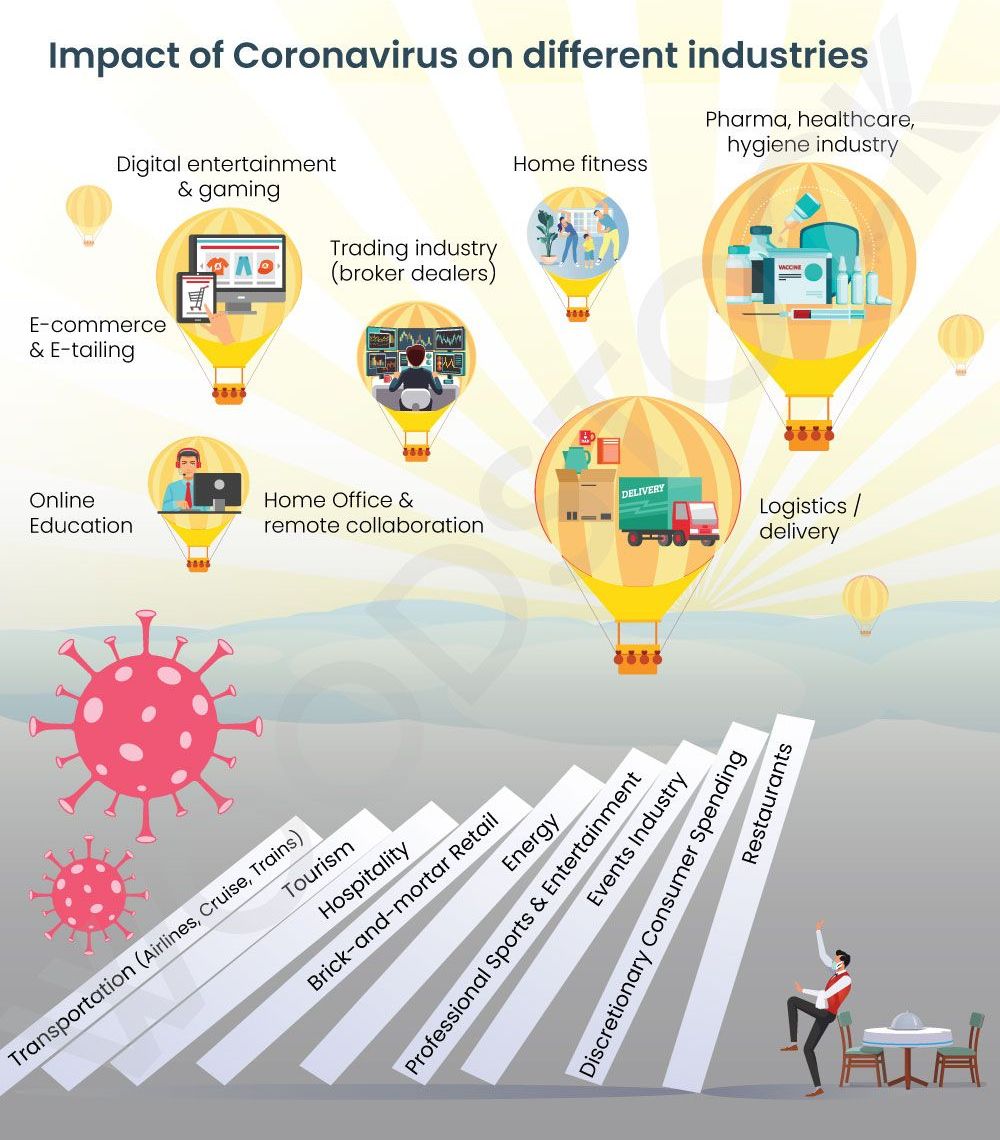As expected, they discovered large fluctuations in the composition and daily changes of the human and mouse gut microbiomes. But strikingly, these apparently chaotic fluctuations followed several elegant ecological laws.
“Similar to many animal ecologies and complex financial markets, a healthy gut microbiome is never truly at equilibrium,” Vitkup says. “For example, the number of a particular bacterial species on day one is never the same on day two, and so on. It constantly fluctuates, like stocks in a financial market or number of animals in a valley, but these fluctuations are not arbitrary. In fact, they follow predictable patterns described by Taylor’s power law, a well-established principle in animal ecology that describe how fluctuations are related to the relative number of bacteria for different species.”
Other discovered laws of the gut microbiome also followed principles frequently observed in animal ecologies and economic systems, including the tendency of gut bacteria abundances to slowly but predictably drift over time and the tendency of species to appear and disappear from the gut microbiome at predictable times.
“It is amazing that microscopic biological communities—which are about six orders of magnitude smaller than macroscopic ecosystems analyzed previously—appear to be governed by a similar set of mathematical and statistical principles,” says Vitkup.
Laws allow identification of abnormal bacterial behavior.
These universal principles should help researchers to better understand what processes govern the microbial dynamics in the gut. Using the statistical laws, the Columbia researchers were able to identify particular bacterial species with abnormal fluctuations. These wildly fluctuating bacteria were associated with documented periods of gut distress or travel to foreign countries in humans providing data for the study. Thus, this approach may immediately allow researchers to understand and identify which specific bacteria are out of line and behave in a potentially harmful fashion.
Using mice data, the researchers also observed that microbiomes associated with unhealthy high fat diets drift in time significantly faster compared with microbiomes feeding on healthier high fiber diets. This demonstrates that ecological laws can be applied to understand how various dietary changes may affect and perhaps alleviate persistent microbiome instabilities.


 Tony Webster / Flickr.
Tony Webster / Flickr.





